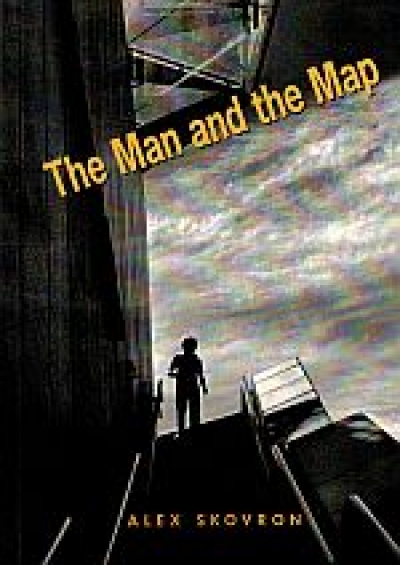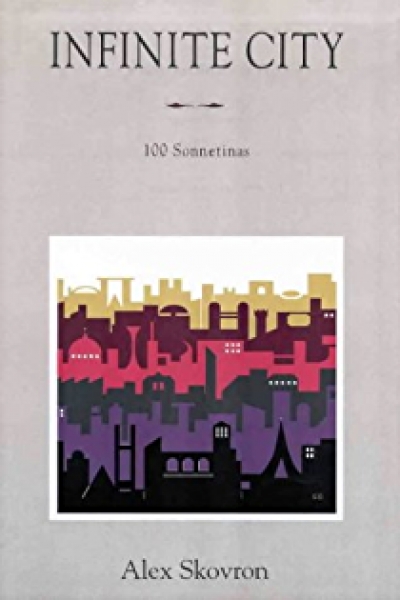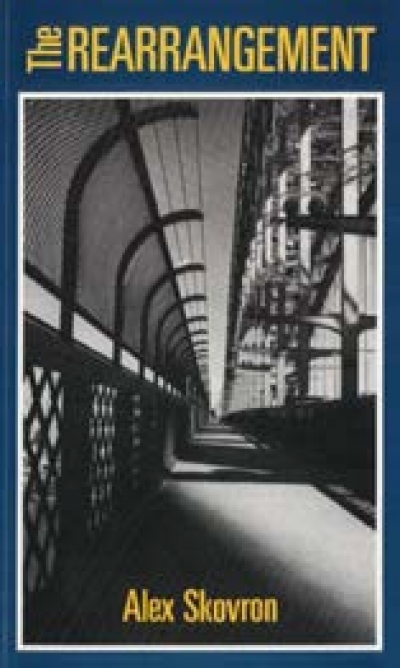Alex Skovron
Sign up to Book of the Week and receive a new review to your inbox every Monday. Always free to read.
Recent:
So there he was in the library, crouched above the floor
like a mousetrap, squinting into his rickety parallel edition
of the Satires. The paperback was from the late fifties;
The tough and rumble of the schoolyard
is always welcome relief from a room
papered with whispers, where every night
he must taste the salted honey of his pain
or else listen to the chorus of lies
that they hiss at one another in the dark.
Infinite City by Alex Skovron & Aerial Photography by Joanne Burns
by Jennifer Maiden •





